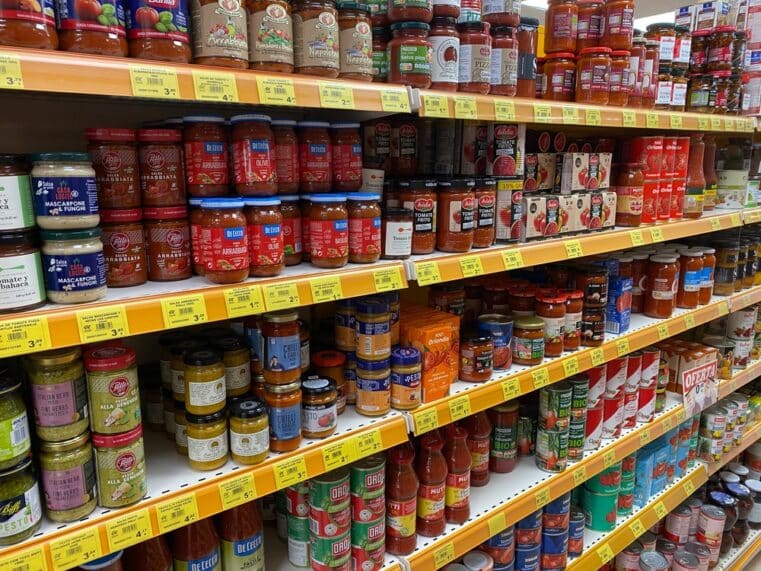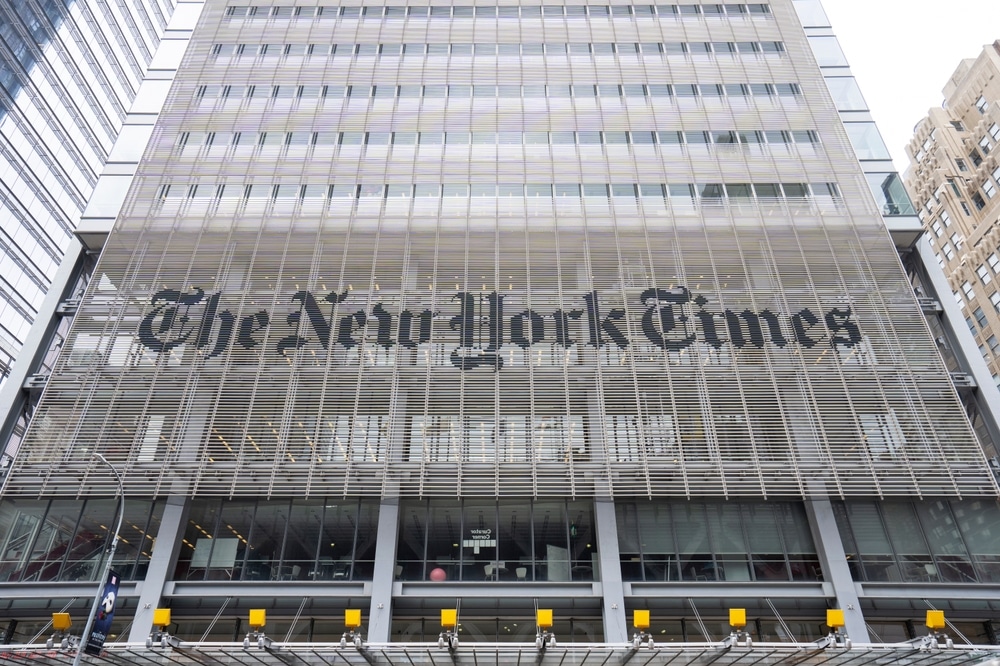
US Navy May Target Iranian Oil Tankers—Escalation on the High Seas?
The Biden administration had its turn. Now, Trump’s back, and his team is ramping up “maximum pressure” on Iran once again—this time, by taking the fight to the open waters. According to Reuters, the White House is considering a plan to use the US Navy to intercept and inspect Iranian oil shipments, disrupting Tehran’s ability to sell crude and fund its nuclear program.
This strategy echoes past US efforts to choke off Iran’s energy sales, a critical financial lifeline. But this time, officials are weighing a more aggressive approach: stopping tankers in high-risk chokepoints like the Malacca Strait—a move that could send shockwaves through global oil markets.
Weaponizing Delays to Cripple Iran’s Trade
The goal isn’t to fire missiles or seize ships outright—at least, not yet. Instead, the US could weaponize uncertainty by slowing down deliveries, pressuring insurers, and making the trade so risky that buyers back away.
"You don’t have to sink ships or arrest people to have that chilling effect that this is just not worth the risk," a source told Reuters.
The legal foundation for this? An old playbook from the 2003 Proliferation Security Initiative, which was initially designed to block weapons of mass destruction (WMDs). Now, it’s being stretched to target Iran’s oil trade—even though past claims about Iranian nukes remain murky at best.
The US Has Done This Before
Washington has already used oil seizures as a pressure tactic, including during Biden’s tenure. Iranian shipments headed for China and Syria have been intercepted before, particularly as part of US efforts to strangle Syria’s economy. That policy may have hurt Assad, but it also plunged Syrians into fuel shortages and economic misery.
Meanwhile, Tehran insists it has the legal right to sell oil in international waters. The US, however, argues that Iran’s “shadow fleet” moves hundreds of millions of dollars’ worth of crude to bypass sanctions.
A Path to Negotiation—or Another Step Toward Conflict?
Treasury Secretary Bessent recently hinted that disrupting Iranian oil sales is key to stopping the funding of Tehran’s missile development and regional proxies. The question is: Will this pressure force Iran to negotiate with Trump?
Trump has made it clear—he wants a new nuclear deal, one that brings Iran back to the table under tougher terms. But Tehran hasn’t forgotten that he torched the JCPOA in 2018, which already had international oversight of its nuclear program.
What happens next? If the US starts blocking Iranian oil on the high seas, retaliation could follow—whether through Iran-backed attacks on US forces, cyberwarfare, or even disruptions in the Strait of Hormuz. A single miscalculation could send oil prices soaring and drag the region into deeper chaos.
One thing is certain: the global financial system is a battlefield, and this is just another front in the war over control.
The financial system is more fragile than they want you to believe. Don’t wait for the next crisis to trap your money in a failing bank. Download my free guide, “7 Steps to Protect Your Account from Bank Failure”, and get ahead of the chaos. Click here to get your copy now: 7 Steps to Protect Your Account.











